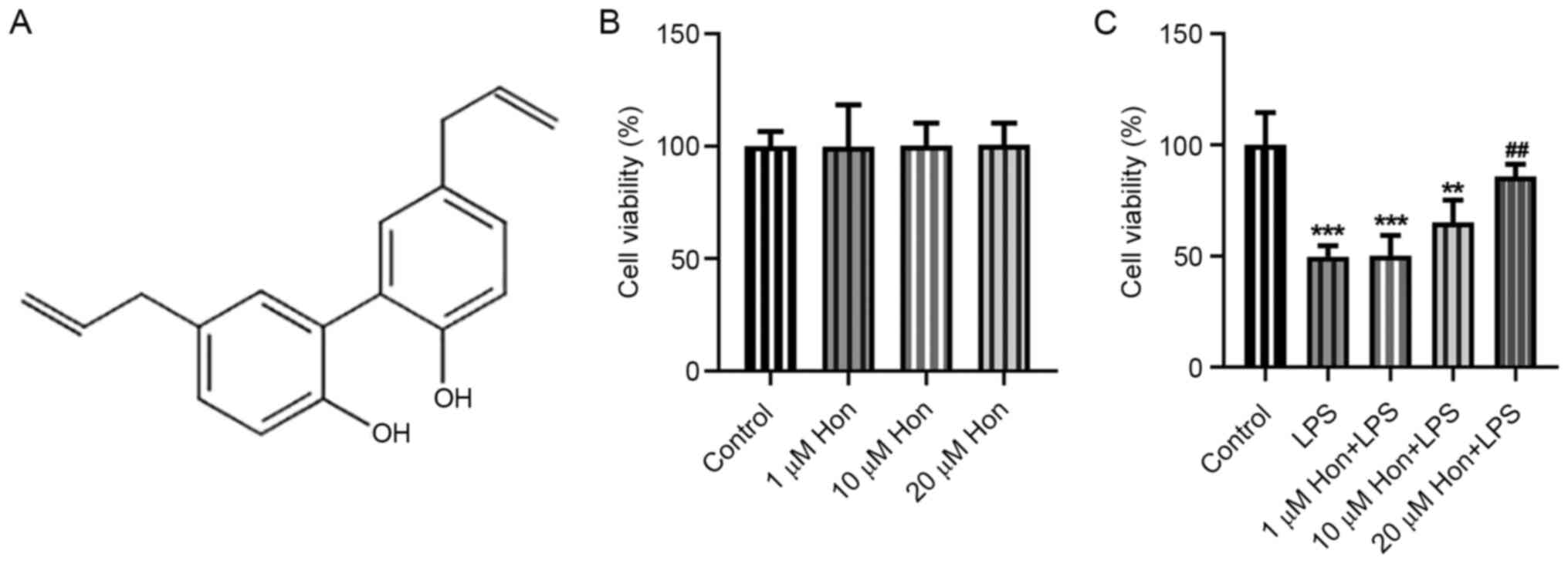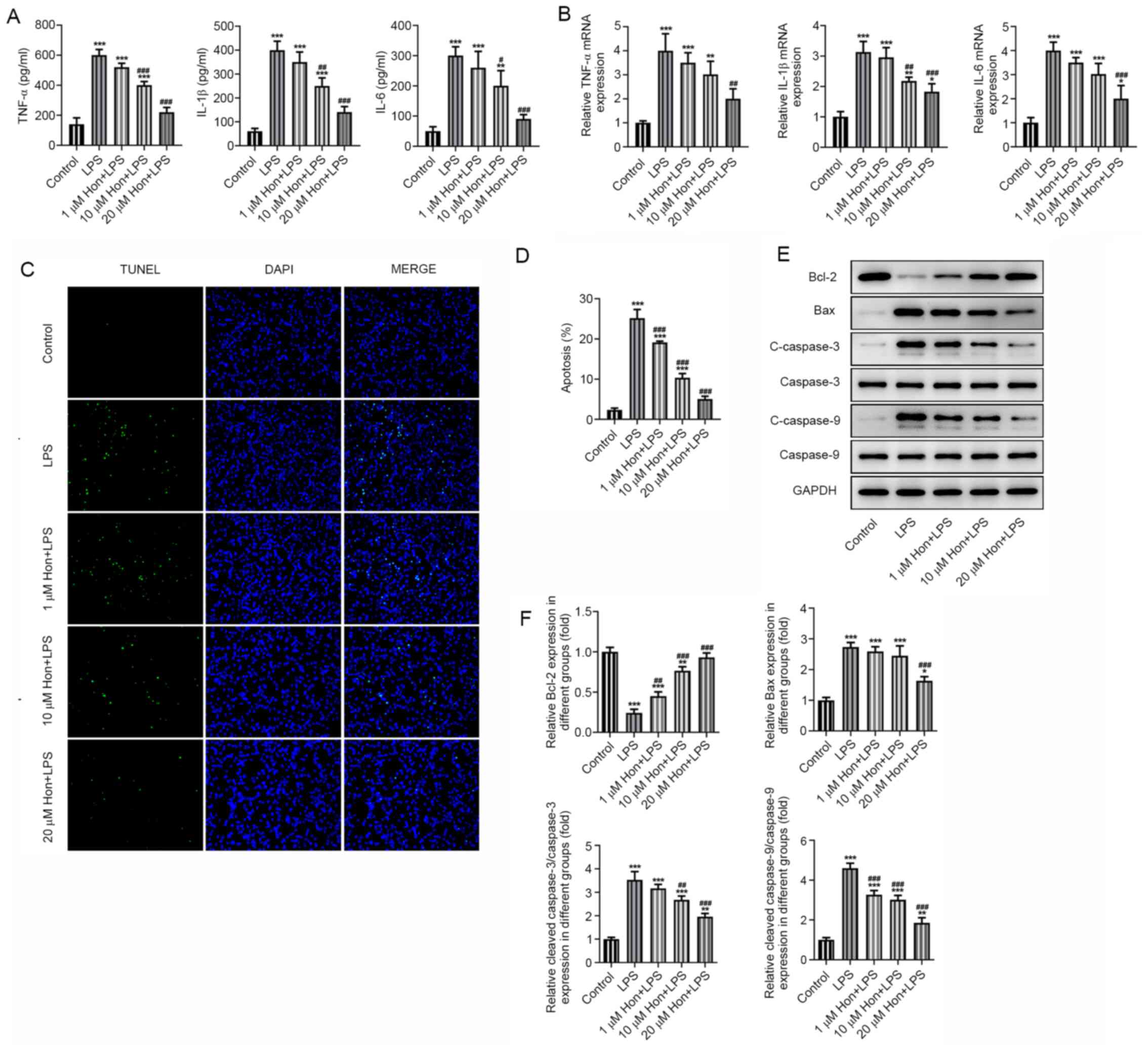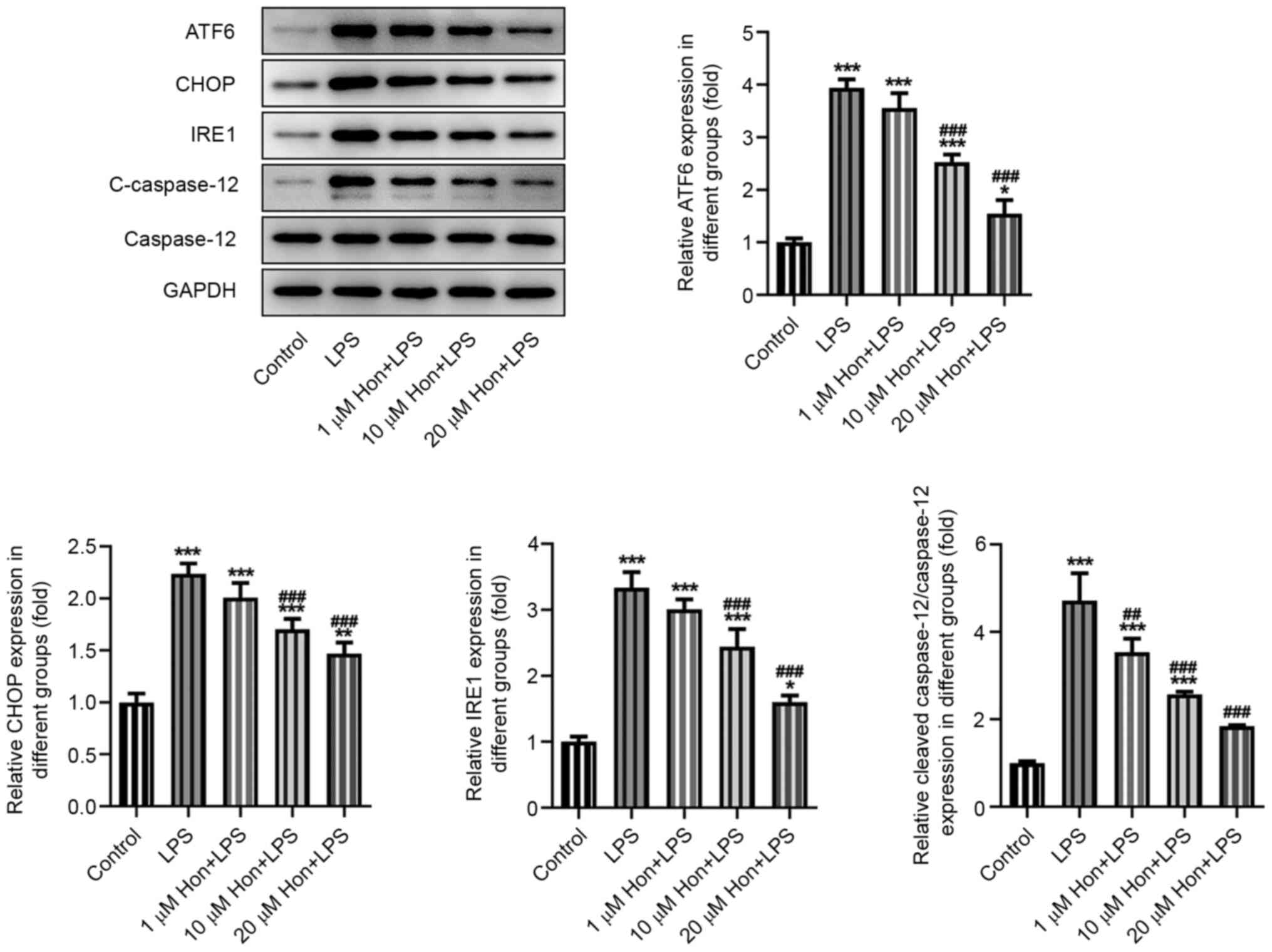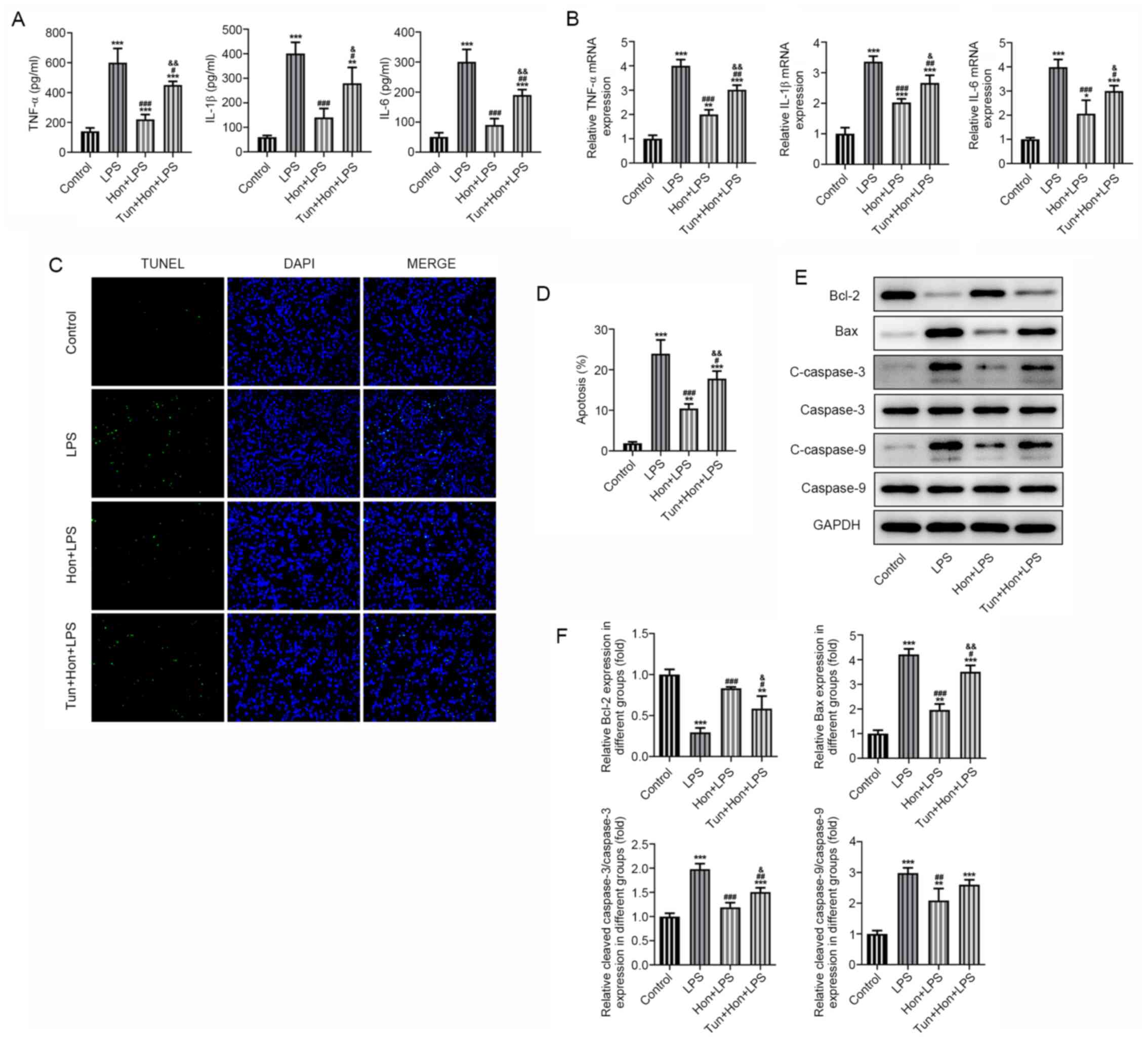|
1
|
Kitaya K, Takeuchi T, Mizuta S,
Matsubayashi H and Ishikawa T: Endometritis: New time, new
concepts. Fertil Steril. 110:344–350. 2018.PubMed/NCBI View Article : Google Scholar
|
|
2
|
Kimura F, Takebayashi A, Ishida M,
Nakamura A, Kitazawa J, Morimune A, Hirata K, Takahashi A, Tsuji S,
Takashima A, et al: Review: Chronic endometritis and its effect on
reproduction. J Obstet Gynaecol Res. 45:951–960. 2019.PubMed/NCBI View Article : Google Scholar
|
|
3
|
Kiviat NB, Wølner-Hanssen P, Eschenbach
DA, Wasserheit JN, Paavonen JA, Bell TA, Critchlow CW, Stamm WE,
Moore DE and Holmes KK: Endometrial histopathology in patients with
culture-proved upper genital tract infection and laparoscopically
diagnosed acute salpingitis. Am J Surg Pathol. 14:167–175.
1990.PubMed/NCBI View Article : Google Scholar
|
|
4
|
Park HJ, Kim YS, Yoon TK and Lee WS:
Chronic endometritis and infertility. Clin Exp Reprod Med.
43:185–192. 2016.PubMed/NCBI View Article : Google Scholar
|
|
5
|
Herath S, Fischer DP, Werling D, Williams
EJ, Lilly ST, Dobson H, Bryant CE and Sheldon IM: Expression and
function of Toll-like receptor 4 in the endometrial cells of the
uterus. Endocrinology. 147:562–570. 2006.PubMed/NCBI View Article : Google Scholar
|
|
6
|
Gärtner MA, Bondzio A, Braun N, Jung M,
Einspanier R and Gabler C: Detection and characterisation of
Lactobacillus spp. in the bovine uterus and their influence on
bovine endometrial epithelial cells in vitro. PLoS One.
10(e0119793)2015.PubMed/NCBI View Article : Google Scholar
|
|
7
|
Zhang H, Wu ZM, Yang YP, Shaukat A, Yang
J, Guo YF, Zhang T, Zhu XY, Qiu JX, Deng GZ, et al: Catalpol
ameliorates LPS-induced endometritis by inhibiting inflammation and
TLR4/NF-κB signaling. J Zhejiang Univ Sci B. 20:816–827.
2019.PubMed/NCBI View Article : Google Scholar
|
|
8
|
Mohamed AAA, Yang D, Liu S, Lin P, Mohamad
OAA and Jin Y: Endoplasmic reticulum stress is involved in
lipopolysaccharide-induced inflammatory response and apoptosis in
goat endometrial stromal cells. Mol Reprod Dev. 86:908–921.
2019.PubMed/NCBI View Article : Google Scholar
|
|
9
|
Hu X, Li D, Wang J, Guo J, Li Y, Cao Y,
Zhang N and Fu Y: Melatonin inhibits endoplasmic reticulum
stress-associated TXNIP/NLRP3 inflammasome activation in
lipopolysaccharide-induced endometritis in mice. Int
Immunopharmacol. 64:101–109. 2018.PubMed/NCBI View Article : Google Scholar
|
|
10
|
Huang KH, Weng TI, Huang HY, Huang KD, Lin
WC, Chen SC and Liu SH: Honokiol attenuates
torsion/detorsion-induced testicular injury in rat testis by way of
suppressing endoplasmic reticulum stress-related apoptosis.
Urology. 79:967.e5–11. 2012.PubMed/NCBI View Article : Google Scholar
|
|
11
|
Xia S, Lin H, Liu H, Lu Z, Wang H, Fan S
and Li N: Honokiol Attenuates Sepsis-Associated Acute Kidney Injury
via the Inhibition of Oxidative Stress and Inflammation.
Inflammation. 42:826–834. 2019.PubMed/NCBI View Article : Google Scholar
|
|
12
|
Liu Y, Cheng P and Wu AH: Honokiol
inhibits carotid artery atherosclerotic plaque formation by
suppressing inflammation and oxidative stress. Aging (Albany NY).
12:8016–8028. 2020.PubMed/NCBI View Article : Google Scholar
|
|
13
|
Hong T, Min H, Hui Z, Yuejian L, Lixing Y
and Liang XZ: Oral administration of honokiol attenuates airway
inflammation in asthmatic mouse model. Pak J Pharm Sci.
31:1279–1284. 2018.PubMed/NCBI
|
|
14
|
Li R, Maimai T, Yao H, Liu X, He Z, Xiao
C, Wang Y and Xie G: Protective effects of polydatin on LPS-induced
endometritis in mice. Microb Pathog. 137(103720)2019.PubMed/NCBI View Article : Google Scholar
|
|
15
|
Chen L, Li W and Wang D: [Honokiol
attenuates lipopolysaccharide-induced acute respiratory distress
syndrome via activation of mitochondrion-dependent Sirt3/AMPK
pathway]. Zhong Nan Da Xue Xue Bao Yi Xue Ban. 43:1075–1082.
2018.PubMed/NCBI View Article : Google Scholar
|
|
16
|
Rickert U, Cossais F, Heimke M, Arnold P,
Preusse-Prange A, Wilms H and Lucius R: Anti-inflammatory
properties of Honokiol in activated primary microglia and
astrocytes. J Neuroimmunol. 323:78–86. 2018.PubMed/NCBI View Article : Google Scholar
|
|
17
|
Lee SY and Cho JY: Inhibitory effects of
honokiol on LPS and PMA-induced cellular responses of macrophages
and monocytes. BMB Rep. 42:574–579. 2009.PubMed/NCBI View Article : Google Scholar
|
|
18
|
Livak KJ and Schmittgen TD: Analysis of
relative gene expression data using real-time quantitative PCR and
the 2(-Delta Delta C(T)) Method. Methods. 25:402–408.
2001.PubMed/NCBI View Article : Google Scholar
|
|
19
|
Li W, Li W, Leng Y, Xiong Y and Xia Z:
Ferroptosis Is Involved in Diabetes Myocardial Ischemia/Reperfusion
Injury Through Endoplasmic Reticulum Stress. DNA Cell Biol.
39:210–225. 2020.PubMed/NCBI View Article : Google Scholar
|
|
20
|
Puente E, Alonso L, Laganà AS, Ghezzi F,
Casarin J and Carugno J: Chronic Endometritis: Old Problem, Novel
Insights and Future Challenges. Int J Fertil Steril. 13:250–256.
2020.PubMed/NCBI View Article : Google Scholar
|
|
21
|
Vitagliano A, Saccardi C, Noventa M, Di
Spiezio Sardo A, Saccone G, Cicinelli E, Pizzi S, Andrisani A and
Litta PS: Effects of chronic endometritis therapy on in vitro
fertilization outcome in women with repeated implantation failure:
A systematic review and meta-analysis. Fertil Steril.
110:103–112.e1. 2018.PubMed/NCBI View Article : Google Scholar
|
|
22
|
Kaku S, Kubo T, Kimura F, Nakamura A,
Kitazawa J, Morimune A, Takahashi A, Takebayashi A, Takashima A,
Kushima R, et al: Relationship of chronic endometritis with chronic
deciduitis in cases of miscarriage. BMC Womens Health.
20(114)2020.PubMed/NCBI View Article : Google Scholar
|
|
23
|
Meaney-Delman D, Bartlett LA, Gravett MG
and Jamieson DJ: Oral and intramuscular treatment options for early
postpartum endometritis in low-resource settings: A systematic
review. Obstet Gynecol. 125:789–800. 2015.PubMed/NCBI View Article : Google Scholar
|
|
24
|
Mackeen AD, Packard RE, Ota E and Speer L:
Antibiotic regimens for postpartum endometritis. Cochrane Database
Syst Rev. 2015(2)(CD001067)2015.PubMed/NCBI View Article : Google Scholar
|
|
25
|
Mustafa-Mikhail S, Assaraf S, Abecassis P,
Dabaja H, Jarrous S, Hadad S and Lowenstein L: Comparison between
Lornoxicam and Paracetamol for Pain Management after Dilation and
Curettage for Abortion. Isr Med Assoc J. 19:543–546.
2017.PubMed/NCBI
|
|
26
|
Liu H, Song J, Zhang F, Li J, Kong W, Lv
S, Zhang L and Yan L: A New Hysteroscopic Scoring System for
Diagnosing Chronic Endometritis. J Minim Invasive Gynecol.
27:1127–1132. 2020.PubMed/NCBI View Article : Google Scholar
|
|
27
|
Guo Y, Lv X, Wang Y, Zhou Y, Lu N, Deng X
and Wang J: Honokiol Restores Polymyxin Susceptibility to
MCR-1-Positive Pathogens both In Vitro and In Vivo. Appl Environ
Microbiol. 86:e02346–19. 2020.PubMed/NCBI View Article : Google Scholar
|
|
28
|
Zhang T and Xiang L: Honokiol alleviates
sepsis-induced acute kidney injury in mice by targeting the
miR-218-5p/heme oxygenase-1 signaling pathway. Cell Mol Biol Lett.
24(15)2019.PubMed/NCBI View Article : Google Scholar
|
|
29
|
Chen L, Li W, Qi D, Lu L, Zhang Z and Wang
D: Honokiol protects pulmonary microvascular endothelial barrier
against lipopolysaccharide-induced ARDS partially via the
Sirt3/AMPK signaling axis. Life Sci. 210:86–95. 2018.PubMed/NCBI View Article : Google Scholar
|
|
30
|
Rauf A, Patel S, Imran M, Maalik A, Arshad
MU, Saeed F, Mabkhot YN, Al-Showiman SS, Ahmad N and Elsharkawy E:
Honokiol: An anticancer lignan. Biomed Pharmacother. 107:555–562.
2018.PubMed/NCBI View Article : Google Scholar
|
|
31
|
Ren Q, Guo F, Tao S, Huang R, Ma L and Fu
P: Flavonoid fisetin alleviates kidney inflammation and apoptosis
via inhibiting Src-mediated NF-κB p65 and MAPK signaling pathways
in septic AKI mice. Biomed Pharmacother. 122(109772)2020.PubMed/NCBI View Article : Google Scholar
|
|
32
|
Yin P, Zhang Z, Li J, Shi Y, Jin N, Zou W,
Gao Q, Wang W and Liu F: Ferulic acid inhibits bovine endometrial
epithelial cells against LPS-induced inflammation via suppressing
NK-κB and MAPK pathway. Res Vet Sci. 126:164–169. 2019.PubMed/NCBI View Article : Google Scholar
|
|
33
|
Shen Y, Liu B, Mao W, Gao R, Feng S, Qian
Y, Wu J, Zhang S, Gao L, Fu C, et al: PGE2 downregulates
LPS-induced inflammatory responses via the TLR4-NF-κB signaling
pathway in bovine endometrial epithelial cells. Prostaglandins
Leukot Essent Fatty Acids. 129:25–31. 2018.PubMed/NCBI View Article : Google Scholar
|
|
34
|
Wu H, Yin Z, Wang L, Li F and Qiu Y:
Honokiol improved chondrogenesis and suppressed inflammation in
human umbilical cord derived mesenchymal stem cells via blocking
nuclear factor-κB pathway. BMC Cell Biol. 18(29)2017.PubMed/NCBI View Article : Google Scholar
|
|
35
|
Costa A, Facchini G, Pinheiro ALTA, da
Silva MS, Bonner MY, Arbiser J and Eberlin S: Honokiol protects
skin cells against inflammation, collagenolysis, apoptosis, and
senescence caused by cigarette smoke damage. Int J Dermatol.
56:754–761. 2017.PubMed/NCBI View Article : Google Scholar
|
|
36
|
Jangra A, Dwivedi S, Sriram CS, Gurjar SS,
Kwatra M, Sulakhiya K, Baruah CC and Lahkar M: Honokiol abrogates
chronic restraint stress-induced cognitive impairment and
depressive-like behaviour by blocking endoplasmic reticulum stress
in the hippocampus of mice. Eur J Pharmacol. 770:25–32.
2016.PubMed/NCBI View Article : Google Scholar
|


















